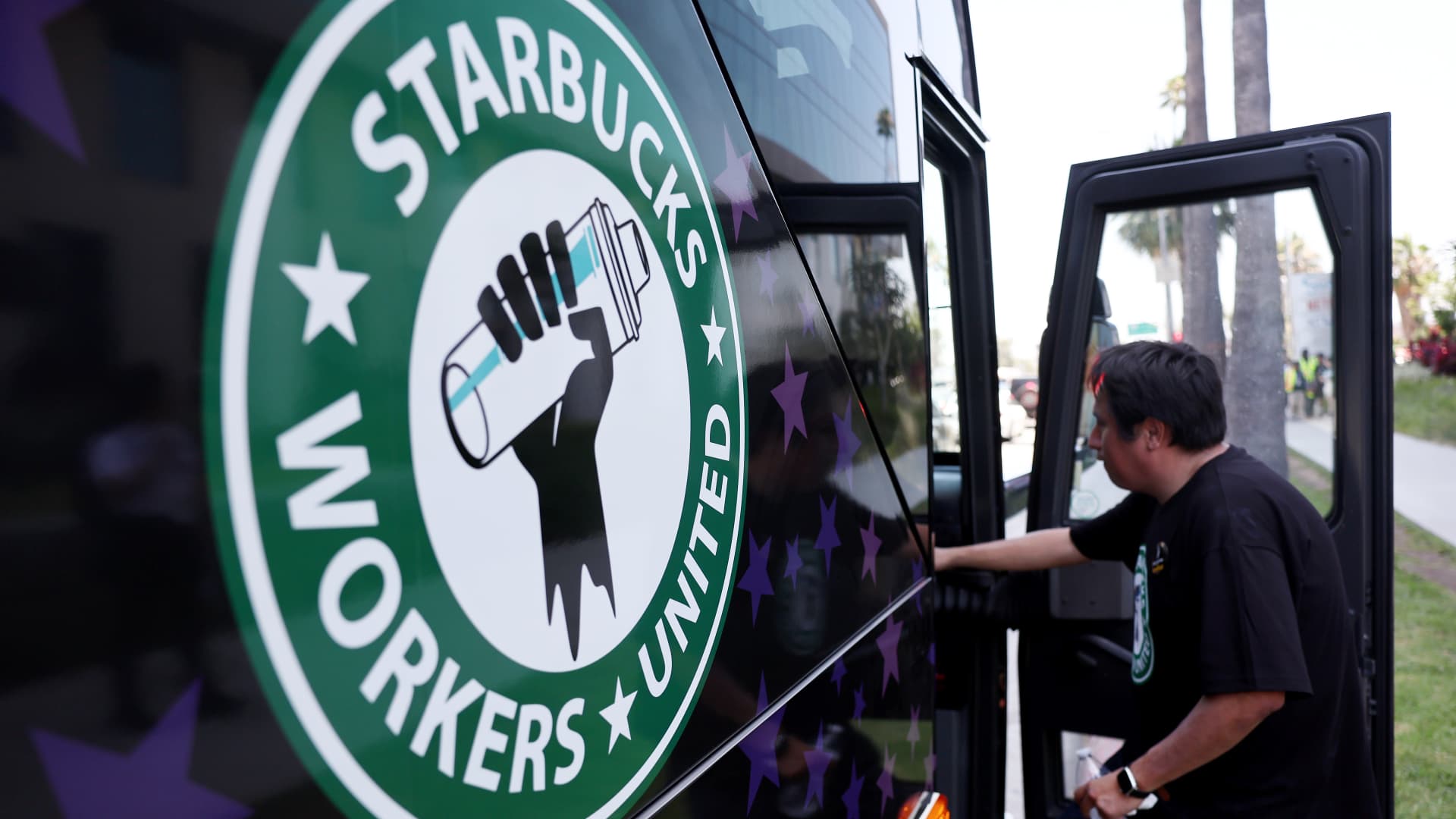A bipartisan group of senators is pushing to stop the expansion of facial recognition technology at airports across the United States and limit its use under the Federal Aviation Administration reauthorization bill before Congress.
Citing privacy concerns, Senators Jeff Merkley, Democrat of Oregon, and John Kennedy, Republican of Louisiana, are proposing to block expansion of the technology until 2027 and ask the Transportation Security Administration to clarify that passengers are allowed to enter airports where it is used , can log out in use.
With the deadline for renewing the Aviation Act expiring on Friday, the proposal is among the amendments likely to be voted on before the bill can be passed. It pits privacy advocates from both parties against consumer and industry groups who argue the technology has the potential to significantly reduce wait times at airports and increase convenience and security.
The Federal Aviation Administration plans to expand facial recognition technology from 25 to more than 430 airports to speed up the check-in process. At kiosks with iPads attached, passengers can be photographed and matched with an image from a government database instead of presenting a physical ID card.
Mr. Merkley said he became concerned about the technology after encountering it at Ronald Reagan National Airport near Washington, D.C. Although a facial scan is optional, many passengers feel pressured to comply, he said.
The senator often insists on his right to refuse the facial scan, but he said some security guards at the airport objected. Until recently, there was no clear sign indicating that passengers were not required to have their faces scanned at security checkpoints.
“Because I made such a fuss about it, they included a little postcard saying this is optional, but what you really see is an iPad that says ‘Follow instructions’ or ‘Follow orders’.” said Mr. Merkley. “People just don’t believe they have that option. They are afraid of being arrested. People are nervous.”
The US Travel Association is sounding the alarm over the change, arguing it would create a “serious and worrying scenario for travelers.”
Geoff Freeman, the association’s president and chief executive, said the proposal to crack down on facial recognition technology at airports was “dangerous, costly and threatens to create chaos in America’s airports.”
“Eliminating the use of biometric data – such as facial scans – will set America back decades,” he said, “and only misinformed members of Congress are to blame.”
If facial recognition software isn’t expanded, the travel lobby says, passengers will spend an additional 120 million hours waiting in security lines each year. The US Travel Association also says a failure to use the technology could lead to risks to national security.
Mr. Merkley dismissed the criticism, pointing out that his amendment would merely preserve the status quo.
“How is there a delay? We just freeze whatever is there,” he said. “We believe it is an important issue for Congress to address.”
Mr. Merkley, who as a state lawmaker in Oregon sought to curb the use of red-light cameras and cellphone tracking, said his focus on facial recognition at airports was driven by a range of civil liberties concerns. No American should be forced to be photographed without their consent, he said, adding he was concerned that the government could build an ever-growing database of Americans’ faces that could be misused. He also argued that the technology was inaccurate and had unacceptable error rates.
“I’m from rural Oregon, so I’ve always had concerns that the government has too many options for tracking individuals,” Mr. Merkley said.
Mr. Merkley and Mr. Kennedy were among 14 senators who recently sent a letter to Senator Chuck Schumer, Democrat of New York and majority leader, outlining their concerns.
“This technology poses a significant threat to our privacy and civil liberties, and Congress should prohibit the TSA’s development and use of facial recognition tools pending strict congressional oversight,” the letter said. It was signed by a mix of lawmakers from both parties, including some prominent liberals and Republicans known for their work on civil rights issues.
Mr. Schumer included the amendment on a list of proposals to be voted on before the bill’s passage, but he has not yet commented on it.
Mr. Kennedy said he was particularly concerned that government workers could potentially misuse the data after scanning millions of faces every day. “If Congress does not rein in this program through our amendment to the FAA reauthorization law, I fear that bureaucrats will begin seizing and hoarding the biometric data of millions of travelers without explicit authorization,” he said in a statement.
Lisa Gilbert, co-chair of the progressive group Public Citizen, is pushing for the change.
“They’re touting this as something that will make travel safer or more efficient, but there’s actually no data or evidence for that,” she said. “And there are real implications for travelers’ privacy and the way their data is used.”
Source link
2024-05-07 22:47:07
www.nytimes.com
















